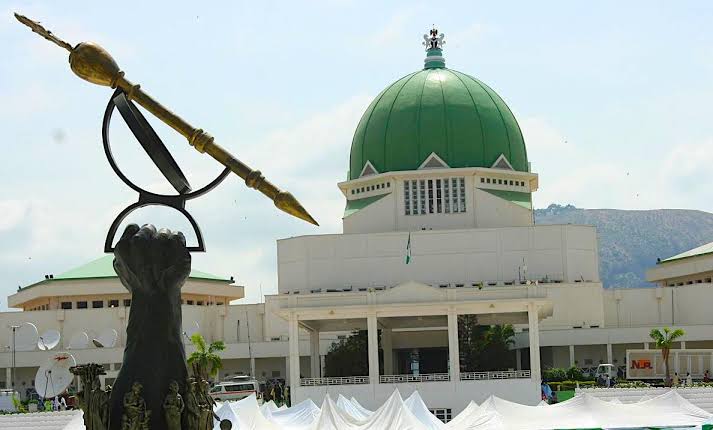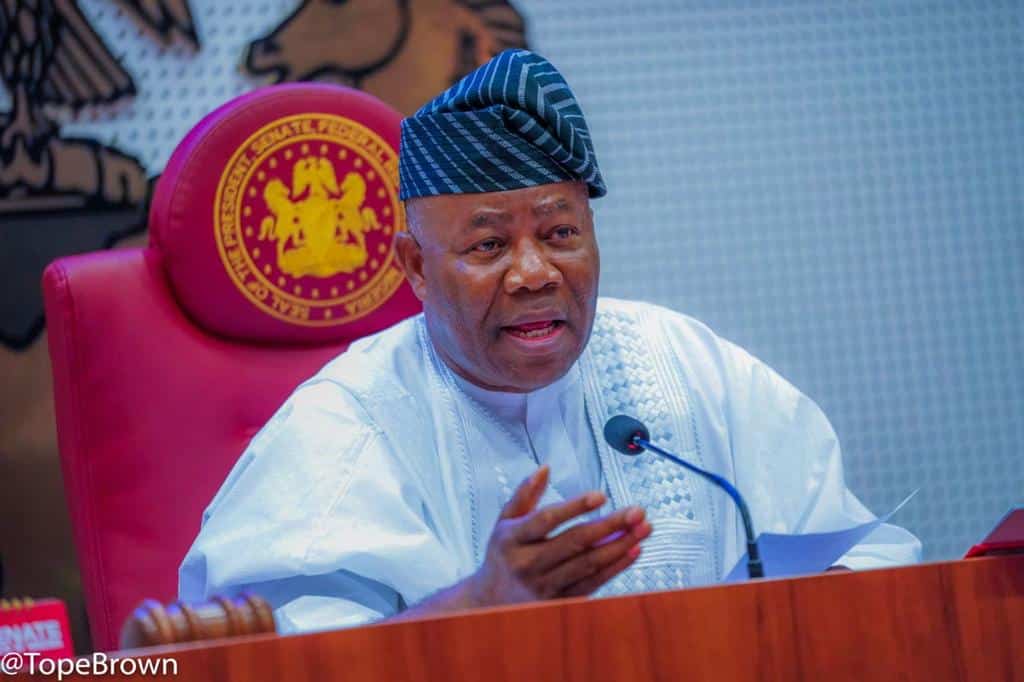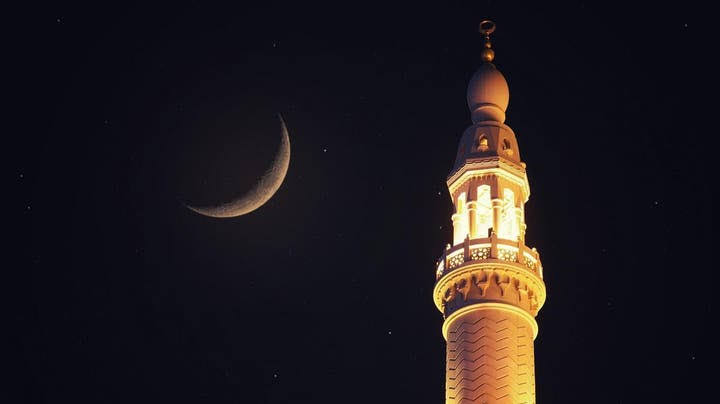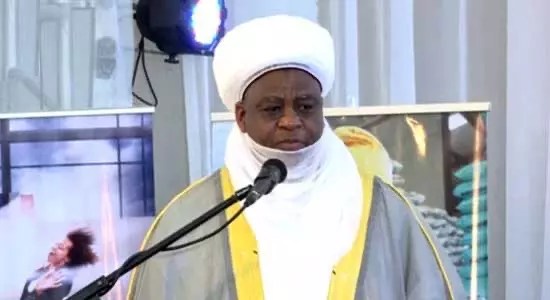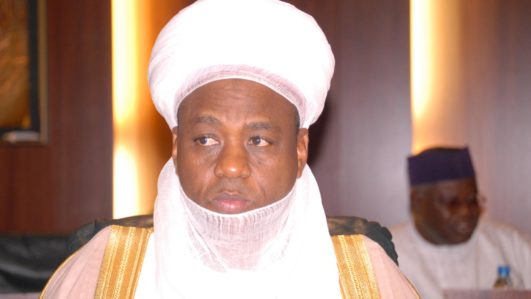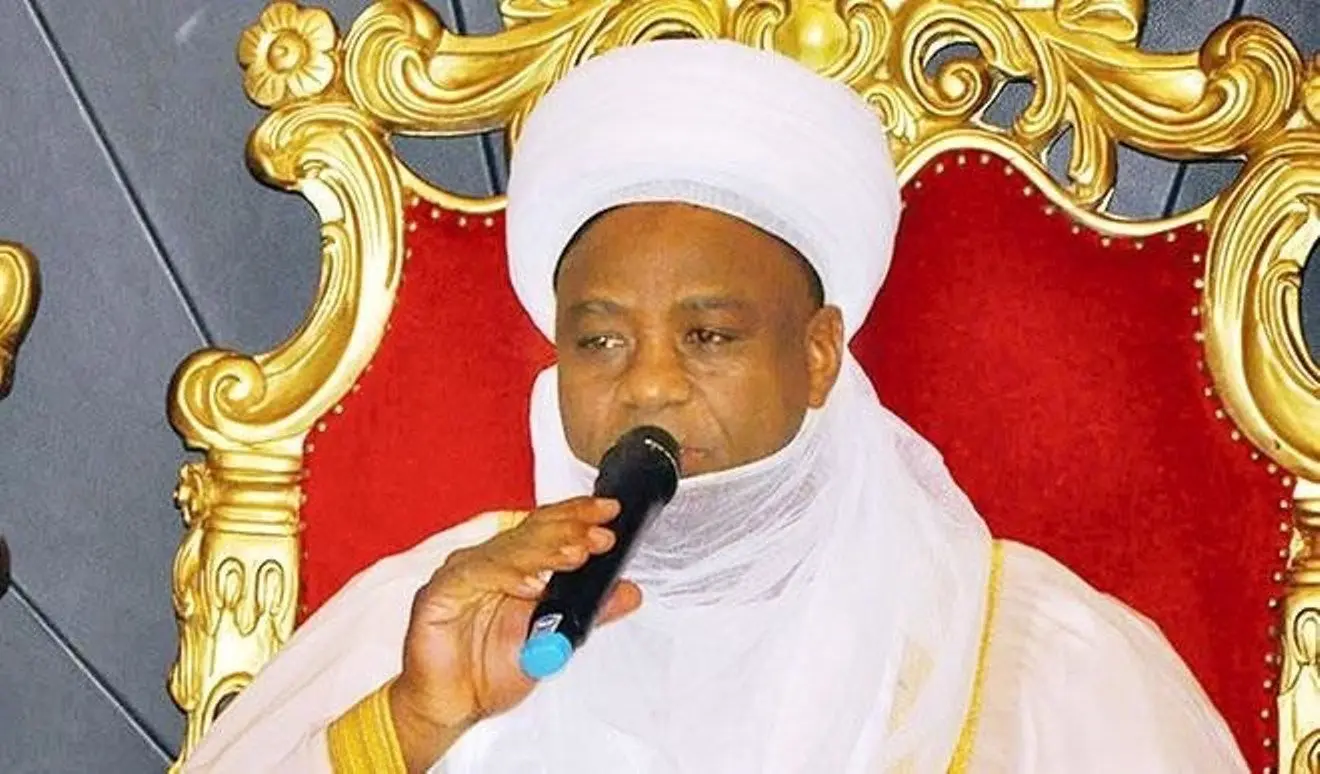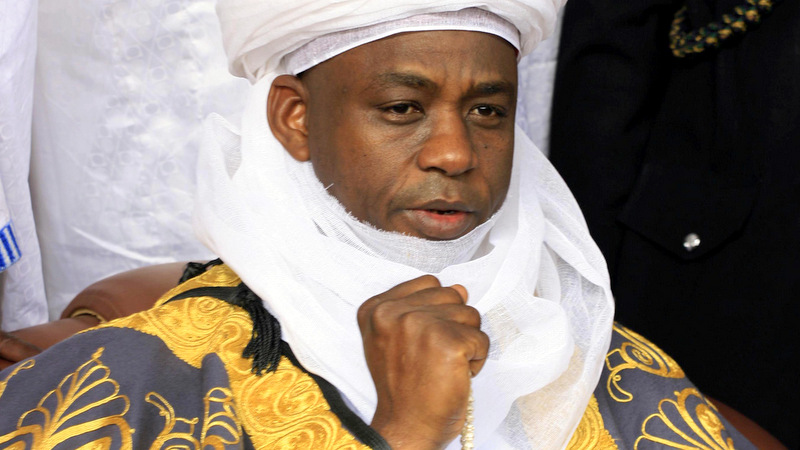…says it’s a violation of Nigeria’s secular character
Barely hours after the Concerned Hausa Stakeholders raise alarm over Bill proposing permanent co-chairmnship seat for Sultan of Sokoto and Ooni of Ife, in the National Traditional Rulers Council, the Middle Belt Forum has also punctured the Bill demanding for an immediate reversal.
This was contained in a statement issued and signed by the Spokesperson of the Forum, Binniyat Luka declaring that the portion of the Bill that made both leaders to co-chair National Council for Traditional Rulers, was highly troubling.
The group declared that avoid complete ostracisation from the Council the position of chairman should be rotational.
Hear the Forum’s position:
“The Middle Belt Forum (MBF) wishes to categorically express its firm opposition to a contentious clause in the National Council for Traditional Rulers of Nigeria (Establishment) Bill, 2024, currently before the National Assembly.
“The Bill, sponsored by Senator Simon Bako Lalong (Plateau South), who is respected son of the Middle Belt and the Gwad-Goemai of the Goemai ethnic nation, has passed its second reading as of March 2025 and is now under consideration by the Senate Committee on Establishment and Public Service.
“At the heart of the controversy lies a deeply troubling clause in the Bill which proposes that the Sultan of Sokoto and the Ooni of Ife be made permanent co-chairmen of the proposed National Council for Traditional Rulers.
“While we leave our esteemed partners from the Southern region, to determine their position on the inclusion of the Ooni of Ife, the Middle Belt Forum unequivocally rejects, abhors, and condemns the institutionalisation of the Sultan of Sokoto as a permanent co-chairman of this proposed council.
“This rejection is anchored on strong historical, cultural, constitutional, and moral grounds, which we now outline in clear terms:
1. The Sokoto Sultanate is Historically Junior to Middle Belt Monarchies
“Historically, the Sokoto Caliphate is a relatively young institution compared to ancient kingdoms and confederacies in the Middle Belt. For instance, the Kwararafa Confederacy, which flourished for centuries, predates the Caliphate.
“It is a historically documented fact that the confederate state of Kwarafa existed right back to circa 800s-1700s A.D. The Aku Uka of Wukari, its current spiritual heir, represents a legacy that predates Sokoto Caliphate’s very existence.
“The Sultan of Sokoto can therefore not supersede the Aku Uka of Wukari in status and prestige to seat over him as Chairman of the Traditional Council created by law.
2. The Attah of Igala Ranks Higher in Historical and Traditional Status
The Attah of Igala, whose kingdom flourished well before and after the 14th century, occupies a higher pedestal in terms of history, cultural roots, and legitimacy.
The Igala Kingdom never came under the caliphate’s domain and continues to represent deep-rooted indigenous authority far older and more authentically Nigerian than the Sokoto Sultanate.
3. The Tor Tiv Represents a Powerful, Independent Cultural Identity
The Tiv Nation, one of the largest ethnolinguistic groups in Nigeria, was never conquered by the Sokoto Caliphate. The Tor Tiv stands as the supreme symbol of a proud, resilient people who were acephalous and thrived independently before colonial rule. To ask that the Tor Tiv permanently defer to the Sultan in council matters is a gross distortion of historical facts and a violation of indigenous dignity.
4. The Nupe Kingdom Preceded the Sokoto Caliphate
The Nupe Kingdom, with a proud lineage dating back to the 15th century, has its own deep-rooted traditional structures. Even though Fulani jihadists eventually imposed Islamic rule in Nupe land post-1835, the Etsu Nupe today still represents an enduring cultural institution that predates the Caliphate. In no logical or historical context can the Caliphate claim seniority or supremacy over Nupe tradition.
5. Sultan is Primarily a Religious Leader, Not a Secular Traditional Monarch
In Nigeria today, the Sultan of Sokoto is widely acknowledged as the spiritual head of all Nigerian Muslims, particularly across the 19 Northern States and the FCT.
His spiritual leadership role is fundamentally religious. It is not secular. Therefore, his institutionalised leadership over a national council of traditional rulers would alienate Christians, traditional worshippers, and other faiths, violating the secular spirit of Nigeria’s Constitution. It would also skew the balance of representation in favour of Islam, thereby promoting religious supremacy under the guise of traditional unity.
6 Kanem Borno Historical/Islamic Legacy Outranks Sokoto Caliphate
Though the Kanuri people are not part of the Middle Belt, the truth must however be told: the Shehu of Borno ranks higher than the Sultan of Sokoto in historical standing. Kanem-Borno embraced Islam as early as the 11th century (circa 1085 AD), long before the 1804 Sokoto Jihad, which never conquered Borno. It is therefore left for the Kanuri people to state their position on this matter.
7. The Sultan’s Patronage of MACBAN and the Fulani Crisis
It is on public record that the Sultan of Sokoto is the permanent patron of Miyetti Allah Cattle Breeders Association (MACBAN), an organisation whose name has become closely linked with violent Fulani herdsmen, who are responsible for thousands of deaths and the displacement of millions, especially in the Middle Belt.
The Sultan has not done enough to condemn or dissociate himself from these atrocities. Making him a permanent co-chairman under such circumstances is a grievous insult to the thousands of victims who continue to suffer under Fulani militia attacks.
8. The Middle Belt Cannot Continue to Defer to the Sokoto Sultanate
Sixty-five years after Nigeria’s independence, the Middle Belt can no longer accept a subordinate position to the Sultanate of Sokoto or any traditional institution that does not reflect our history, culture, or aspirations.
Historically, the diverse ethnic nationalities of the Middle Belt resisted the incursions of Usman Dan Fodio’s jihadists. While Hausaland fell under the control of Dan Fodio’s forces in the early 1800s, the Middle Belt remained largely unconquered, preserving its distinct identity and sovereignty.
The imposition of the indirect rule system by the British colonial administration altered this dynamic.
By forcefully placing our autonomous communities under the control of Emirate systems—most notably the Sokoto Caliphate—the colonial authorities created an artificial hierarchy that granted undue privilege and influence to Fulani-dominated Emirates over the indigenous peoples of the Middle Belt and beyond.
More than six decades after the end of colonial rule, it is unacceptable for any traditional authority to be elevated above others, particularly in a democratic Nigeria that champions equality, justice, and federal character.
*Our Position*
In light of the above, the Middle Belt Forum hereby states emphatically that:
i) If the Senate passes this bill with the contentious clause and it is assented to by the President, we will mobilise all ethnic nationalities across the Middle Belt to boycott participation in the Council.
ii) Traditional rulers of the Middle Belt will neither recognise nor attend meetings of a Council whose leadership is permanently skewed in favour of a non-indigenous, religiously aligned and a lesser monarch status to our traditional rulers.
iii) We shall, in accordance with constitutional liberties, form our own autonomous Council of Middle Belt Traditional Rulers, which shall reflect the historical, cultural, and moral values of our people.
The Path Forward:
To preserve national unity, equity, and fairness, we propose the following:
(a) The Chairmanship of the Council should be rotational. It should cut across all geo-political zones or ethnic blocs
(b) It should also be tenure-based in a manner that gives all traditional rulers and their peoples a sense of belonging and dignity.
(c) Another alternative is for traditional rulers themselves to democratically choose their chairperson(s) through a transparent, inclusive process that reflects Nigeria’s pluralism.
(d) Such a Council must reflect the values of equality, justice, and historical truth.
Conclusion.
The Middle Belt Forum stands firm in its belief that true national cohesion can only be achieved through fairness, mutual respect, and recognition of our rich historical diversities.
Any attempt to impose a permanent religious figurehead on a national institution of traditional rulers is a violation of Nigeria’s secular character, cultural heritage, and federal structure. We shall resist it using every lawful and democratic means available to us.
